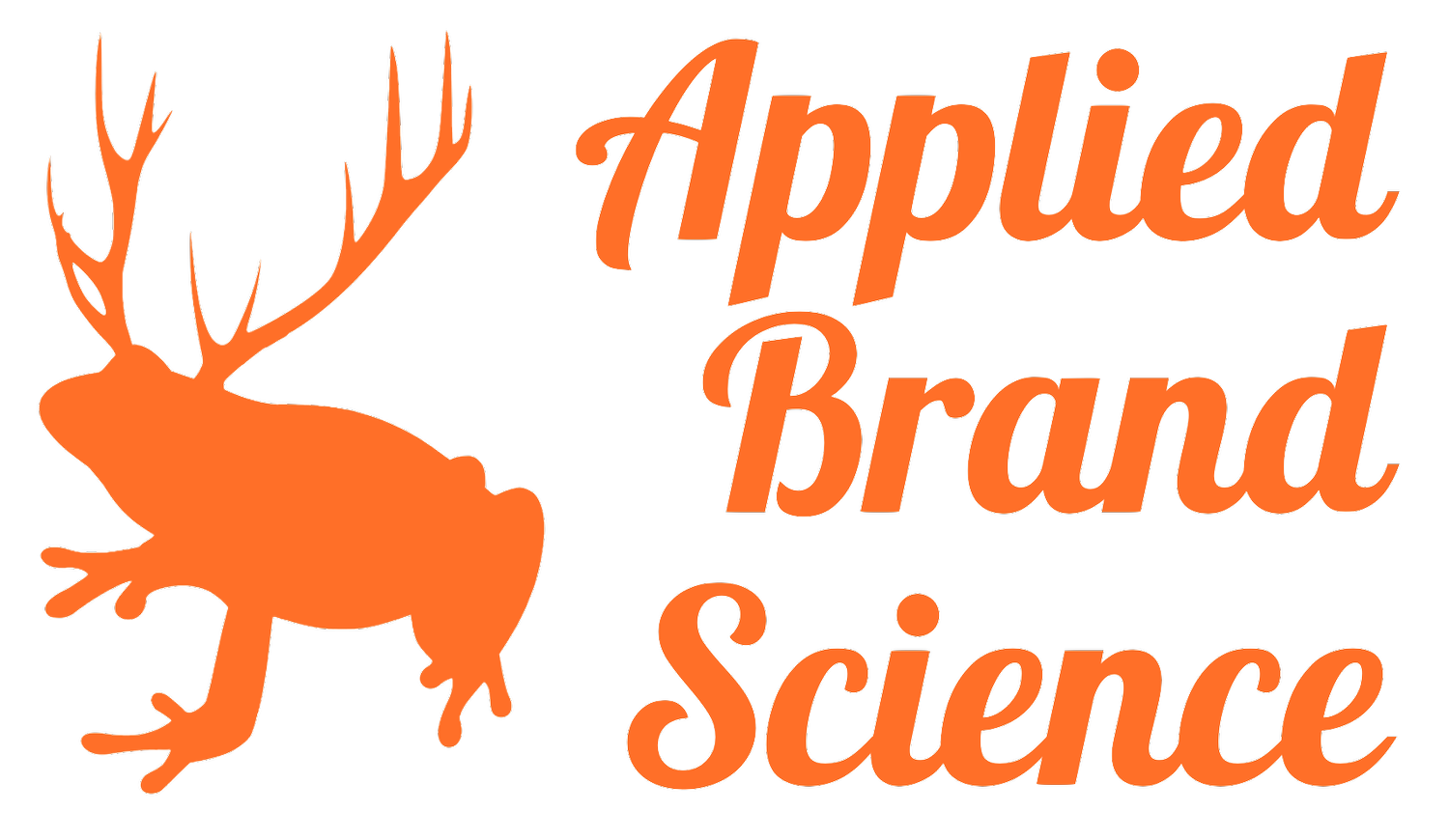What your data will never predict
Ah, “big data”. In marketing, it promised to reveal all consumers’ secrets and predict all their next moves so we could take all the uncertainty out of our work.
Well, this pandemic provides a nice case study for the limits of prediction.
Some have said the Covid-19 pandemic was “unforeseen”, that it “came out of nowhere.”
But scientists familiar with corona viruses — the things that cause SARS & MERS & such — were warning as early as 2007 that a coronavirus pandemic was bound to happen. It’s a “time bomb,” they said.
A paper from 2007 warning of a coronavirus pandemic
There was plenty of data that showed a pattern of how this stuff worked, including 4,000 studies on SARS alone. So much data, in fact, that there are now really good theories and models of viruses and epidemics. So it was clear that another dangerous virus would jump from animals to humans.
But some things weren’t predictable:
Precisely which virus would be the next to jump.
Exactly where it would start.
How the host country would respond.
How the world would respond.
Whether the president of the US would treat the pandemic like TV reality show.
This is the nature of inherently complex systems. Unlike bullets or rockets, which work in simple linear systems, human systems are complex systems with nonlinear behaviors and wacky feedback loops. Complex systems are mostly predictable in their patterns, but not in their details.
And this is equally true with marketing.
We know the patterns of human behavior but can’t predict precisely which car someone will buy.
We know the patterns of business growth but can’t predict whether this packaging refresh will boost sales or kill them.
So first, you gotta stop believing your data is gonna predict the details of your next marketing effort. No consumer survey or loyalty data analysis or big data slice is gonna take all the uncertainty out of your future.
And second, you gotta know the predictable patterns. The empirical rules. The laws of brands.
(And yes, there are scientific laws in marketing. Call me to learn more.)

